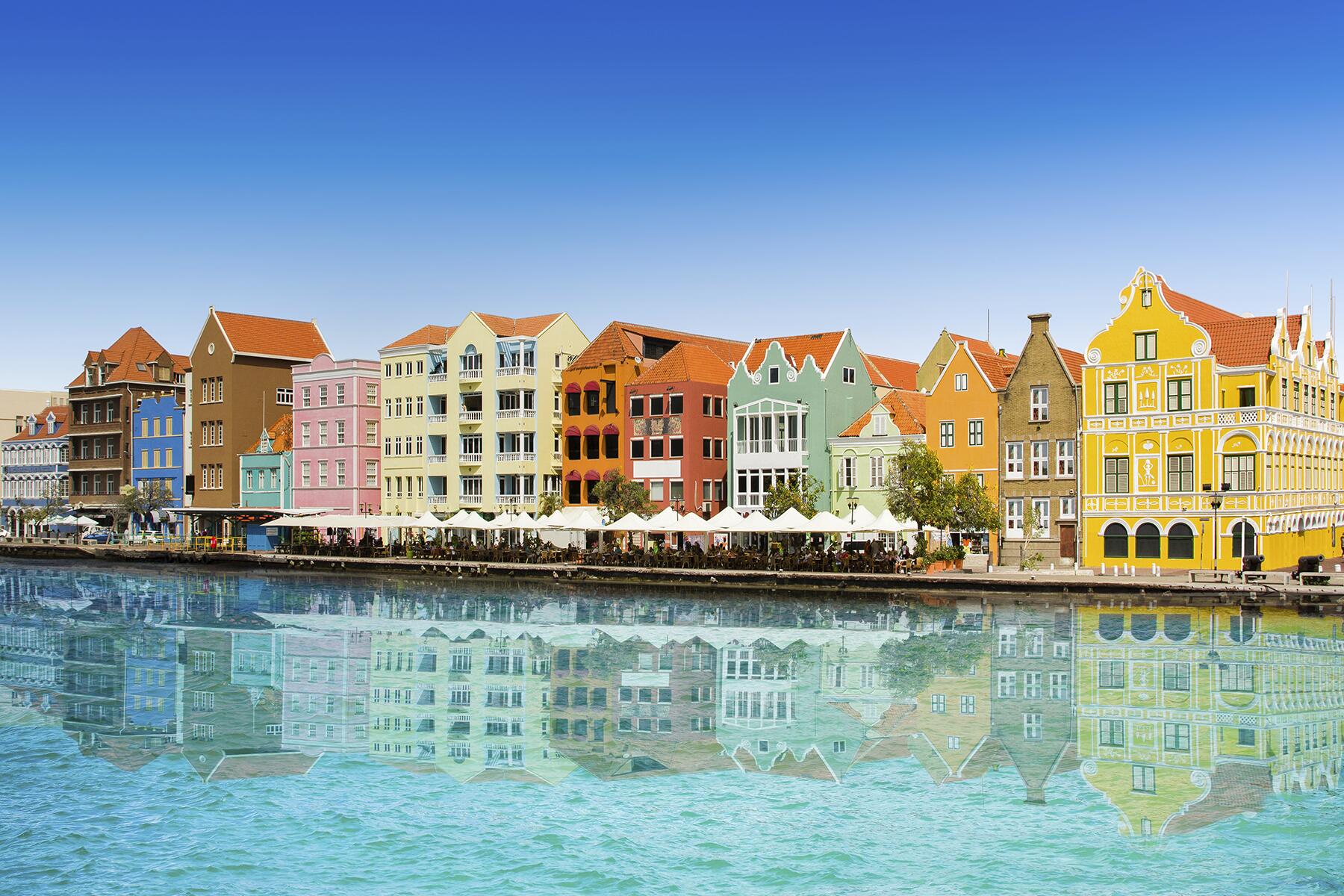Locals don’t benefit from your travels as much as you may think.
It is a truth universally acknowledged that tourism is a major source of income for developing nations. Destinations use tourism to help economies and create jobs, as well as protect the natural environment and cultural heritage. According to the U.N., tourism accounts for 10% of global GDP, and one in 10 people are employed in the sector.
When you look at the economics, your travel plans have a direct impact on destinations and local communities, whether it is poverty reduction or women empowerment. (Of course, there are also pitfalls like overtourism, overconsumption, carbon footprint, cultural dilution, etc.) As travelers are taking more individual responsibility for sustainable tourism—whether it’s flight-free travel or conservation trips—we’re witnessing a paradigm shift.
But there is one more thing you should think about: tourism leakage.
It’s a simple concept that forms the foundation of many conscious tourism initiatives. When you plan a trip to a destination, you want your money to stay at your destination, in the hands of locals. But that’s not the case normally. A lot of it goes to foreign-owned entities. Particularly in cases of all-inclusive trips, a big chunk of your money isn’t going to the locals, but large overseas companies who may be handling your flights, stays, dining, and activities. In addition, when you consume imported products at the destination, you’re again diverting money abroad.
Recommended Fodor’s Video
A 2022 U.N. report highlighted the importance of tourism in global economic recovery, but also noted that substantial money is leaving the destination with foreign-owned operators, airlines, and hotels. According to the report, “such ‘tourism leakage’ is estimated to amount to about 80% of all money spent by tourists in the Caribbean.”
Related: Book Your Next Holiday With These Climate-Conscious Travel Companies
How to Prevent Tourism Leakage
According to the U.N. Atlas of the Oceans, import leakage occurs when the host country can’t supply food, equipment, or other products, which are imported. “Much of the income from tourism expenditures leaves the country again to pay for these imports.” Export leakage happens when large foreign businesses, especially in developing nations, build tourism infrastructure and overseas investors take profits from these businesses back to their country.
First of all, destinations will need to step up to ensure that they’re not losing out. The U.N. report suggests, “Countries could establish and manage online travel platforms that usually take a commission of 15-18% of the price of a hotel room or 3-4% of airfares.” Better infrastructure and more awareness will help— encouraging businesses to supply local products and making it easier to procure them should be a priority.
As for travelers, with great trips, come great responsibilities. It’s important to map where your money is going. All-inclusive vacations (especially island resorts) have a terrible reputation for restricting local spending, eliminating the need for stepping outside of the resort. That’s why when you choose a package, think about how much of your money will make it into foreign hands. Can you find local tour guides? Are there locally-owned resorts or humble homestays? Is it a better option to take a tuk-tuk than an Uber? Is it possible to patronize local restaurants and diners–and be conscious of what you’re eating and from where it’s sourced?
There are no easy answers and there is no judgment—everyone travels differently and wants different things from their vacation. This route to avoid tourism leakage might take more planning, more effort, and more time, but if you have been consumed with the thoughts of sustainable tourism, then it will help you sleep better at night if you champion a place.




Apart from the obvious - a local guide can provide a far better experience, the wise traveler doesn't go to Japan for BurgerKing - the burden and concern does not and should not fall on the tourist.